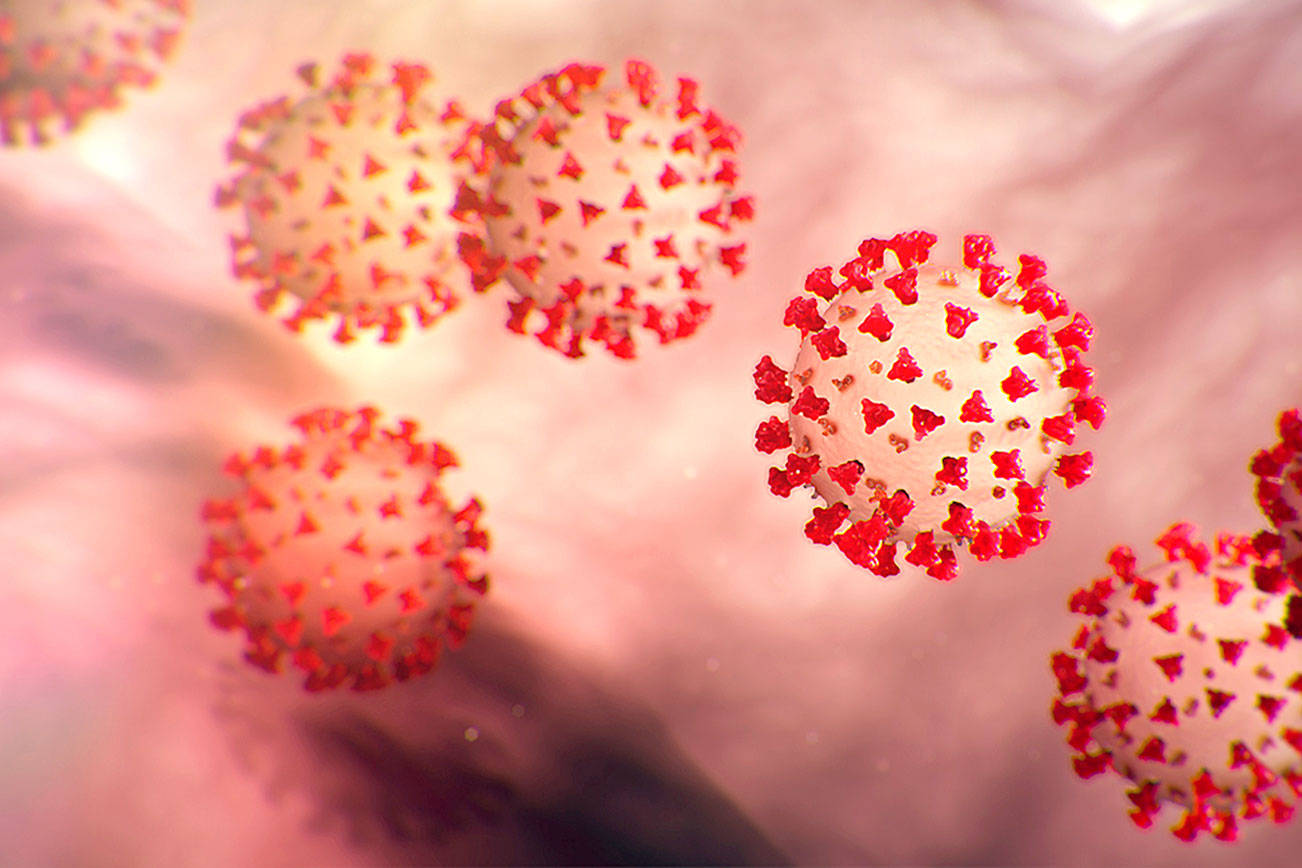Nearly a year has passed since the COVID-19 outbreak began, and more than 100 million confirmed cases have been recorded worldwide.
Mutated variants of the virus have recently garnered attention and concern. Public health officials are worried these new viral strains are a new and relatively unknown complication in the fight against the pandemic.
But where do these variants come from? How do the mutations develop? And why are they potentially more dangerous?
Viral evolutionists like Katherine Xue, a researcher at Stanford University, said that these newly discovered viral variants can show the evolution of the virus in real time.
Viruses evolve quickly, and Xue said this is mainly because of two factors — generation time and mutation rate.
The life cycle of a virus is short and they reproduce quickly. Xue said if humans have new generations every 20 or 30 years, then viruses have new generations in a matter of hours.
A virus’s life cycle begins when it makes contact with a host cell. Xue said viruses depend on host cells to survive and they reproduce by “hijacking” a cell’s “machinery” to replicate the virus’s genetic code and proteins.
Xue said it depends on the type of virus, but they can reproduce themselves 100 times per host cell. So their reproduction rate grows exponentially both inside a host and in the amount of hosts they infect over time.
When viruses use cells to replicate themselves, Xue said, they are more “error prone” and make more genetic “mistakes” or mutations than other types of cells that have better genetic “proof-reading” mechanisms.
According to Xue, this is another important reason why viruses evolve quickly — not only because they reproduce quickly, but because they are more prone to mutations, and the mutations accumulate relatively quickly.
The accumulation of genetic mutations can increase the survivability of the virus, Xue said. Mutations happen randomly, and they do not always help a virus. Often they make an organism less likely to survive, but because viruses mutate at a higher rate, they are more likely to experience favorable mutations that help them survive, Xue said.
Xue said the new strains of the COVID-19 virus from regions like South Africa or the United Kingdom are an example of “evolution happening in real time.”
Louise Moncla, who researches viral genetics in the Bedford Lab at Fred Hutch in Seattle, said viruses can evolve and adapt to basically any “selective pressure” to their survival.
For example, the COVID-19 variant originating from the UK is believed to have evolved to become more transmissible between hosts.
Other examples include viral variants believed to have come from South Africa and Brazil, which Moncla said are believed to have evolved to better escape antibodies making an immune response. She said this kind of mutation is similar to what happens to the influenza virus on an almost yearly basis.
Viruses can even evolve to be resistant to antiviral drugs and treatments. These mutations improve the virus’s chance of survival and reproduction, and that is bad news for humans, Moncla said.
Moncla said that scientists are researching a number of ways to try and stay ahead of new viral mutations, including trying to better understand circumstances that make mutations more likely, keeping better surveillance on genetic mutations as they happen, and improving the infrastructure to adjust vaccines when needed.
Talk to us
Please share your story tips by emailing editor@kentreporter.com.
To share your opinion for publication, submit a letter through our website https://www.kentreporter.com/submit-letter/. Include your name, address and daytime phone number. (We’ll only publish your name and hometown.) Please keep letters to 300 words or less.

